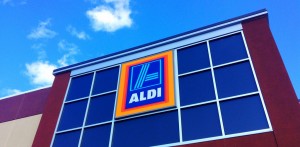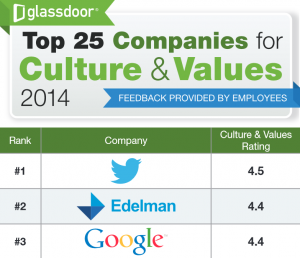 Since 2009, the United States has held the top spot in the annual Anholt-Gfk Nation Brands Index SM, but according to the July 2014 survey of over 20,000 people in 20 countries, Germany has stolen the top spot as the best nation this year among a total of 50 ranked countries.
Since 2009, the United States has held the top spot in the annual Anholt-Gfk Nation Brands Index SM, but according to the July 2014 survey of over 20,000 people in 20 countries, Germany has stolen the top spot as the best nation this year among a total of 50 ranked countries.
The study measures perceptions of countries based on 23 attributes that are mapped to six national image dimensions: exports, governance, culture and heritage, people, tourism, and immigration/investment. Germany’s impressive increases in perceptions related to “sports excellence,” “honest and competent government,” “investment in climate,” and “social equality” propelled it to the number one position as the best nation brand of 2014 while the United Sates slipped to number two.
The top 10 nation brands of 2014 according to this study are:
- Germany
- United States
- United Kingdom
- France
- Canada
- Japan
- Italy
- Switzerland
- Australia
- Sweden
Interestingly, the only change between the 2013 and 2014 rankings among the top 10 nation brands is the shift between Germany and United States in the first and second spots.
The Rise of Place Branding and How It Affects Corporate Brands
Place branding, including national branding, regional branding, city branding, and even small town branding, has been rising in popularity for years. Many locations have created brand identities, complete with their own logos, not only to promote tourism but also to develop a brand persona for business, government, culture, and everything else you can think of.
A prefect example is Sweden where the country’s Council for the Promotion of Sweden launched a comprehensive rebranding in 2013 in order to help the Council’s five agencies—Visit Sweden, Ministry of Foreign Affairs, Ministry for Enterprise, Energy and Communications, Business Sweden, and the Swedish Institute—communicate and promote the Sweden brand effectively and consistently. The result was a new logo and a detailed brand identity website described as, “a manual aimed at people who work with ‘Brand Sweden’.”
As FutureBrand explained in its 2014 research report, Made In: The Value of Country Origin for the Future of Brands, country branding has an effect on corporate brands that can be significant when corporate brands leverage country brands as assets and differentiators. The report authors explain:
A strong country brand has a halo effect on consumer brands—if we think highly of a country overall, we are more likely to think highly of brands associated with it—but this effect is only indirect. Country of Origin, on the other hand, is a key driver of every day consumer choice and can directly impact GDP by generating revenues through sales of products and services (both at home and abroad). The true distinction between a country brand and a Country of Origin brand is that you can enjoy the latter without needing to visit the place. In other words, you can buy a little bit of Germany and what it stands for when you purchase a BMW, but you do not need to be in Germany to do it.”
Country brands and Country of Origin matter and they’ll continue to grow in importance to consumers. As you ramp up your 2015 marketing efforts, look for opportunities to indirectly and directly promote and differentiate your brand by leveraging country brands and Country of Origin, and make sure they’re part of your marketing plan.
Image: spekulator
Susan Gunelius is the author of 10 marketing, social media, branding, copywriting, and technology books, and she is President & CEO of KeySplash Creative, Inc., a marketing communications company. She also owns Women on Business, an award-wining blog for business women. She is a featured columnist for Entrepreneur.com and Forbes.com, and her marketing-related articles have appeared on websites such as MSNBC.com, BusinessWeek.com, TodayShow.com, and more.
She has over 20 years of experience in the marketing field having spent the first decade of her career directing marketing programs for some of the largest companies in the world, including divisions of AT&T and HSBC. Today, her clients include large and small companies around the world and household brands like Citigroup, Cox Communications, Intuit, and more. Susan is frequently interviewed about marketing and branding by television, radio, print, and online media organizations, and she speaks about these topics at events around the world. You can connect with her on Twitter, Facebook, LinkedIn, or Google+.


